



johndoe@gmail.com
Are you sure you want to reset the form?
Your mail has been sent successfully
Are you sure you want to remove the alert?
Your session is about to expire! You will be logged out in
Do you wish to stay logged in?
From antiquity to today, human culture has always been obsessed with fame, infamy, and celebrity.
From emperors to film stars, from literary works to religious relics, and from natural catastrophes to scientific breakthroughs, fame is defined by cultural visibility and is created, communicated, and consumed through media and representation. A Cultural History of Fame examines the concept of fame and its manifestations - in ideas, places, artefacts, and people - across the last 3000 years.
Delve into the cultural history of fame with this carefully curated collection of key chapters, or explore the full content set here.
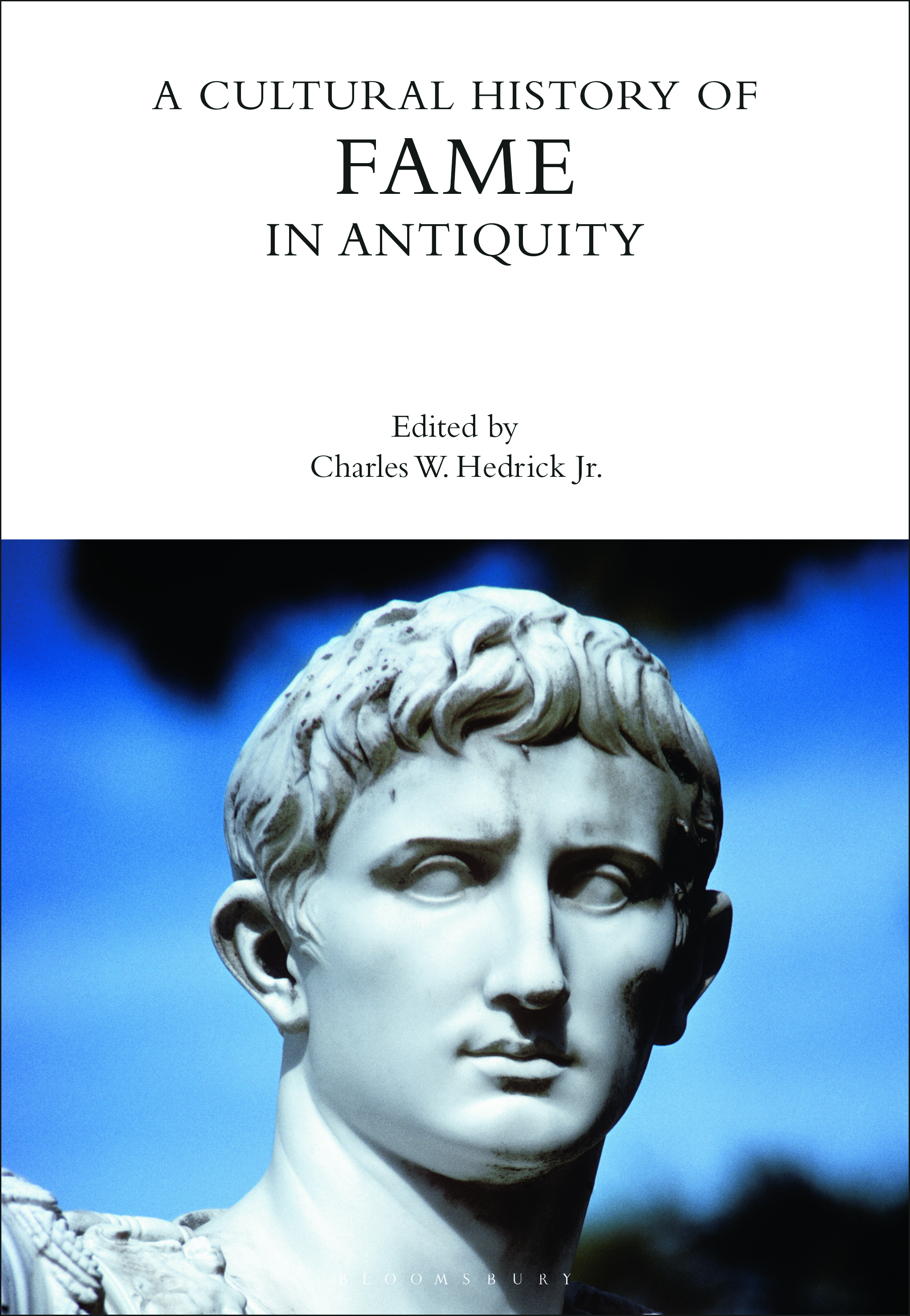
A Cultural History of Fame in Antiquity covers the period from 1000 BCE to 600 CE. From the time of the Homeric poems to the end of antiquity, fame in Greco-Roman culture was strongly associated with civic virtue – a quality expressed exclusively in either warfare or politics. Excellence and achievement in other arenas – in art, poetry, philosophy, theatre, or sport – was always overshadowed by the prestige of soldiers and statesmen. This idealization of fame as an enduring and merited reward for real civic achievement was fundamentally aristocratic in both conception and purpose. This free chapter explores Religious Fame in the Greco-Roman World.
Click here to explore A Cultural History of Fame in Antiquity.
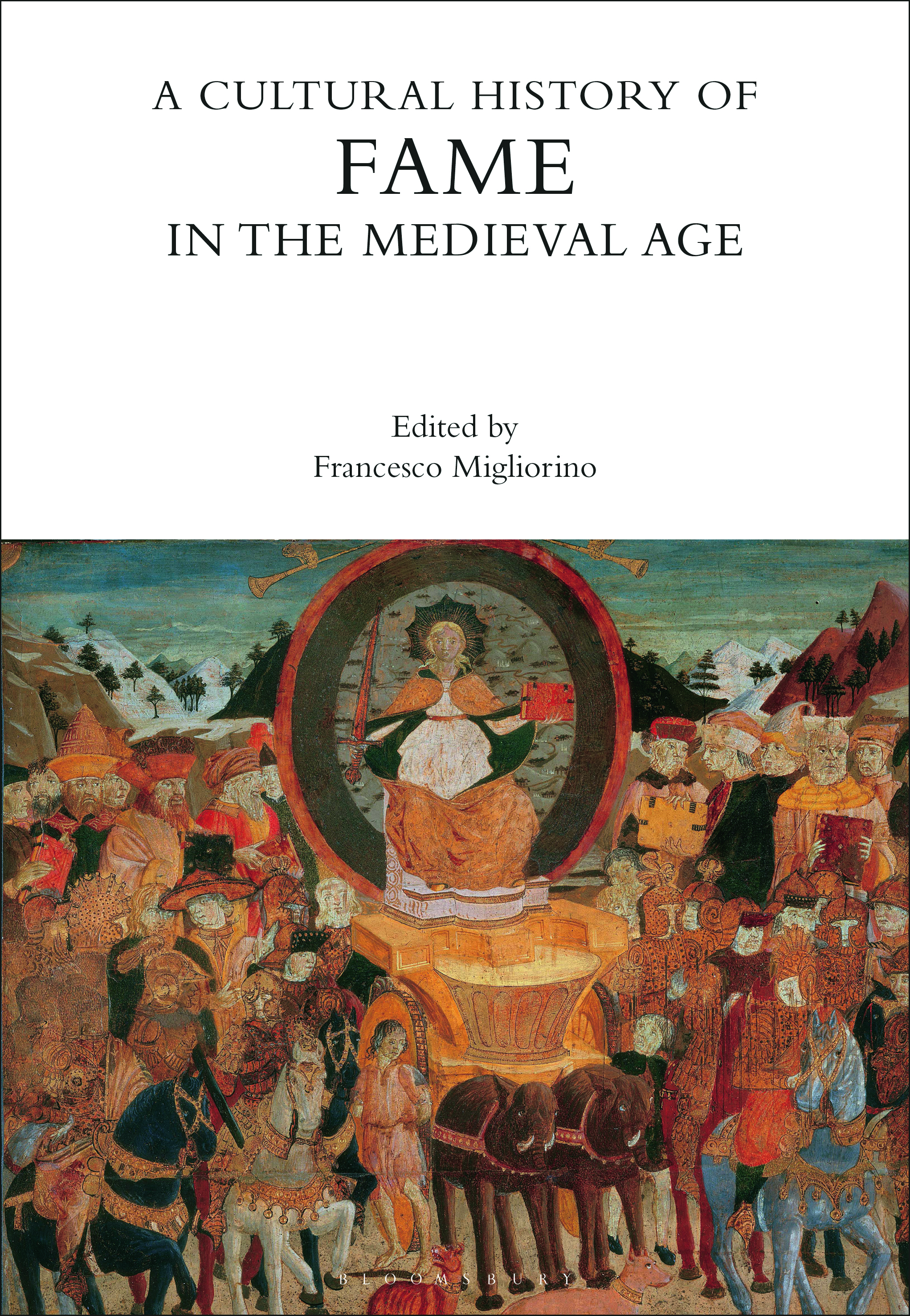
A Cultural History of Fame in the Medieval Ages in the Medieval Age covers the period from 600 to 1450, tracing the intriguing gradations of fame – from rumour to reputation to prestige to renown to glory. As at any other time in history, the reputation of both individuals and social groups in the middle ages was built on communication, but the stakes were high. The glory of exemplary figures such as saints was suffused with a sense of the divine, transforming their lives into myth. The renown of more worldly institutions and individuals – kings and queens, scholars and literary characters – was kept to a more earthly plane. Read more about the communication of fame in the middle ages with this free chapter.
Click here to explore A Cultural History of Fame in the Medieval Age.
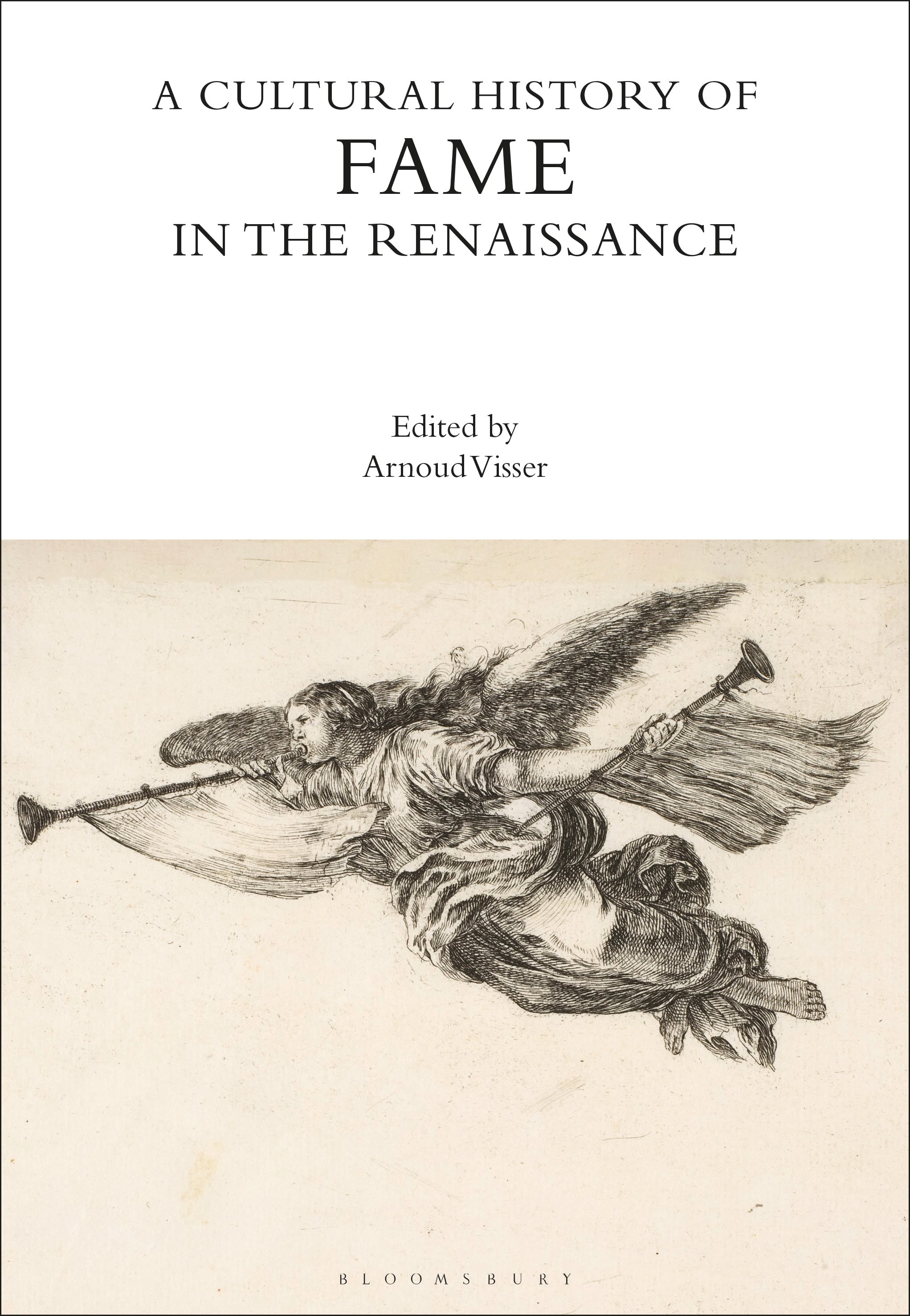
A Cultural History of Fame in the Renaissance covers the period from 1450 to 1650, a time when increasing global interaction transformed Europe’s view of its position in the world. The printing press revolutionized communication culture, spurring the dissemination of both notoriety and renown. The continent was almost torn apart by religious conflict, wars which weaponized the holy reputations of saints and martyrs. At the same time, advances in technology and natural philosophy – often publicly performed by inventors and theorists – attracted attention and acclaim, and humanist scholars and artists promoted fame as an honourable ambition. Matthias Roick explores the arts, philosophy and attention in this free chapter.
Click here to explore A Cultural History of Fame in the Renaissance.
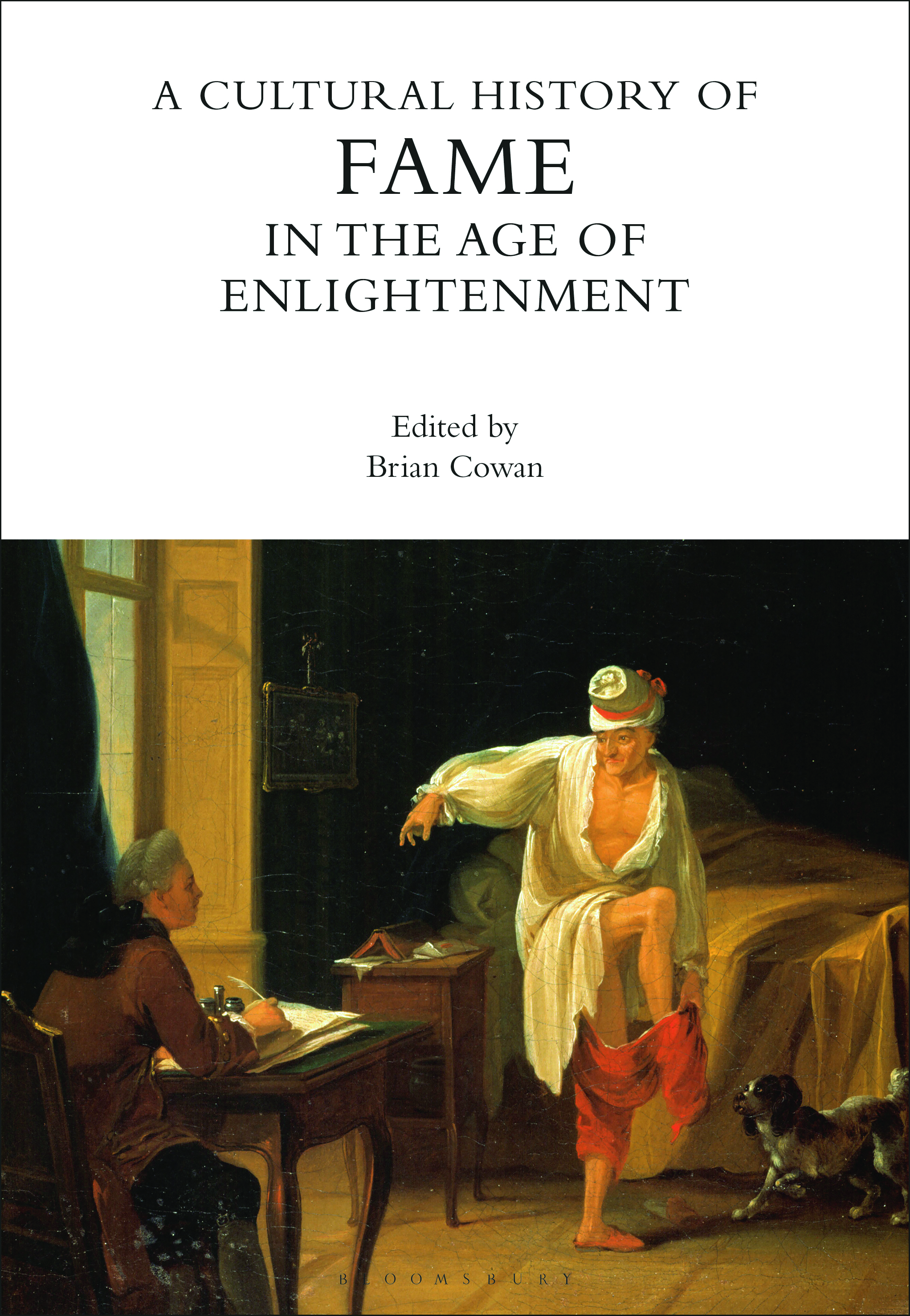
A Cultural History of Fame in the Age of Enlightenment, covers the period from 1650 to 1770. This era, between the English and French Revolutions, saw the emergence of modern celebrity. Traditional forms of fame and glory, notably around royalty, continued but now other figures began to gain public status – actors, philosophers, scientists, even criminals. Media saturation, particularly through the expansion of print, generated new forms of fame. The creation of public personalities connected individuals to fans, followers and enemies. The commercialization of personality had begun. Click here to read more about infamy and scandal with this free chapter.
Click here to explore A Cultural History of Fame in the Age of Enlightenment.
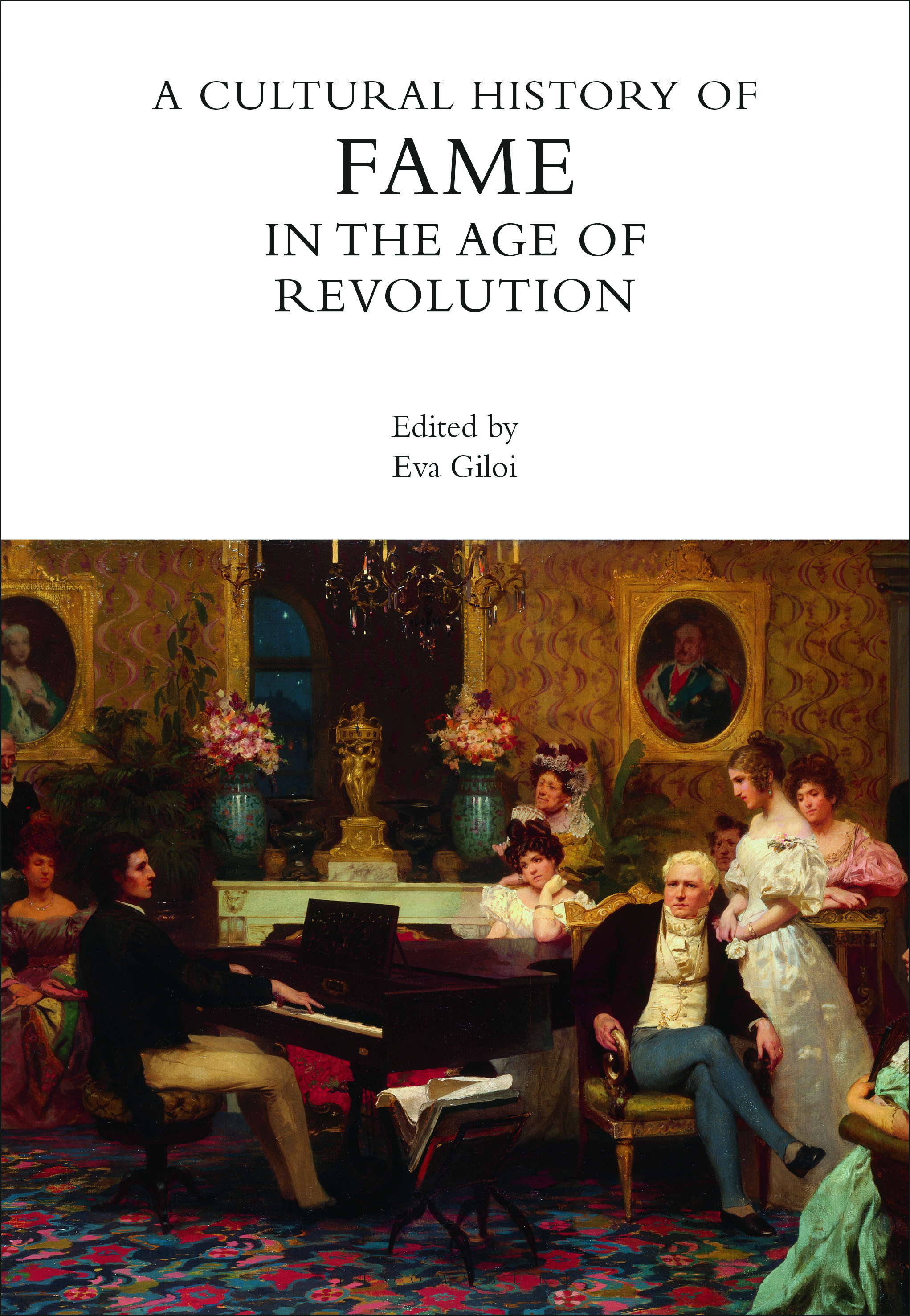
A Cultural History of Fame in the Age of Revolution covers the period from 1770 to 1917. The first part of this period saw charismatic leaders set Europe alight with political revolution. The subsequent media revolution opened these romantic characters up to scrutiny from fans and critics alike, thus personalizing politics. At the same time, the industrial revolution offered celebrities up for consumption, with the opera singer Jenny Lind used to sell locomotives just as the actress Sarah Bernhardt was used to sell nationalist inspiration. Celebrity culture as we know it today had begun: fan culture, gossip magazines, identity branding, merchandizing, and celebrity self-promotion. This free chapter delves deeper into science and fame in the age of Revolution.
Click here to explore A Cultural History of Fame in the Age of Revolution.
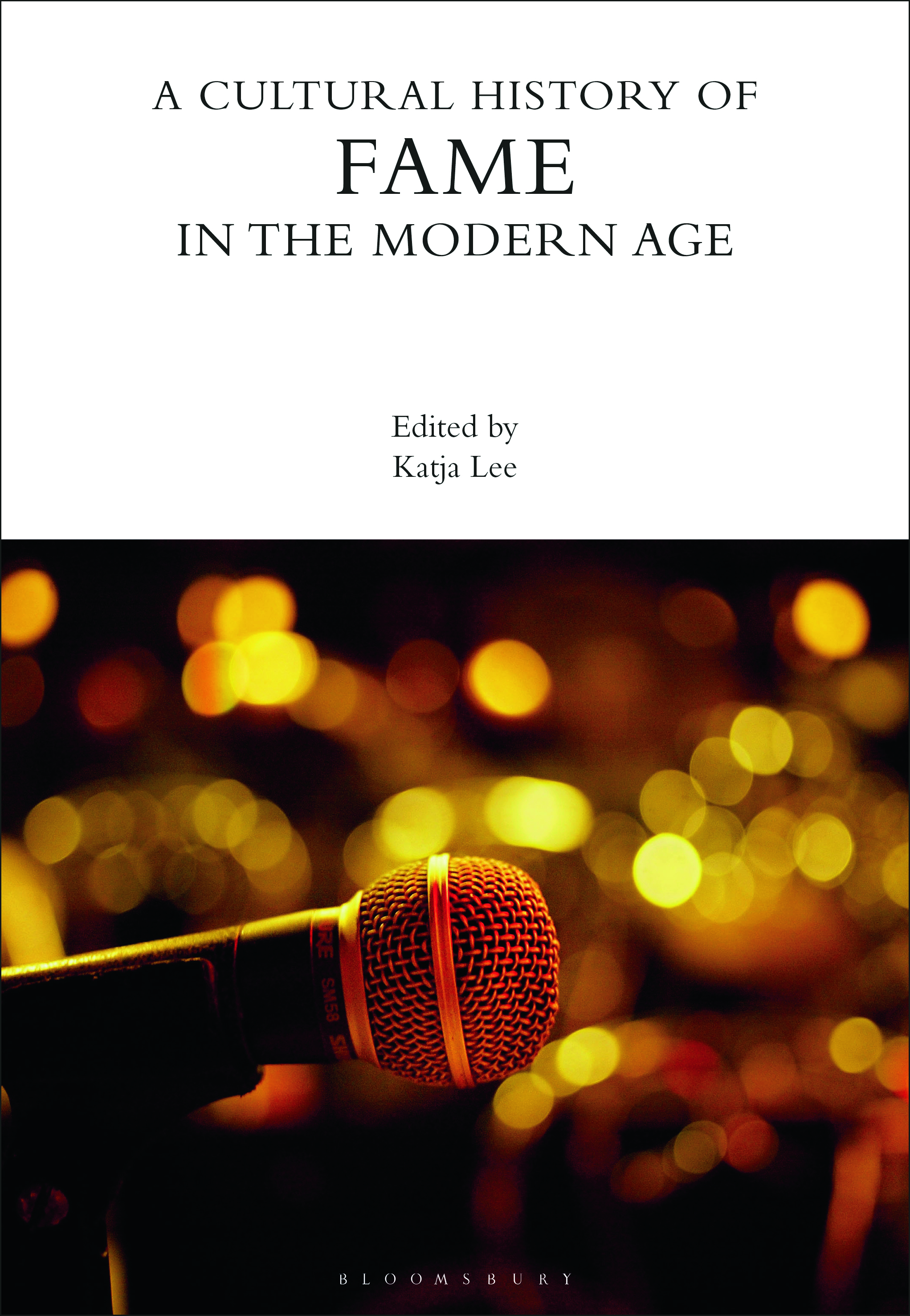
The Construction and Presentation of Heroes in the Modern Age covers the period from 1918 to the present, between the silent screen of early cinema and the mobile phone of the influencer. From radio to television to social media, extraordinary leaps in communication technologies revolutionized how each generation experienced fame. At the same time, social justice and rights movements carved out new spaces for new faces. The modern age has seen the logic of celebrity envelope the worlds of religion, politics, business, and everyday life in the practices of cultivating and managing visibility. From Hollywood to the Vatican City, from Einstein to RuPaul, from Kennedy’s Camelot to Buckingham Palace, fame has never been so culturally, politically, or economically important. Click here to learn more about the construction of heroes in the modern age with this free chapter.
Click here to explore A Cultural History of Fame in the Modern Age.
If you’ve enjoyed this taster of what Bloomsbury Cultural History has to offer, why not let your librarian know about the resource to allow you full access? Recommend it to your librarian here.
Sign up to our newsletter to hear once a month about free chapters, new cultural history sets, pedagogical tools, and more. Join here.